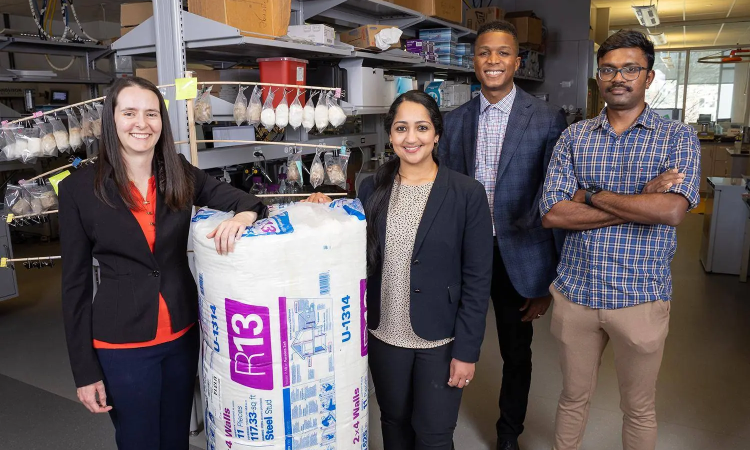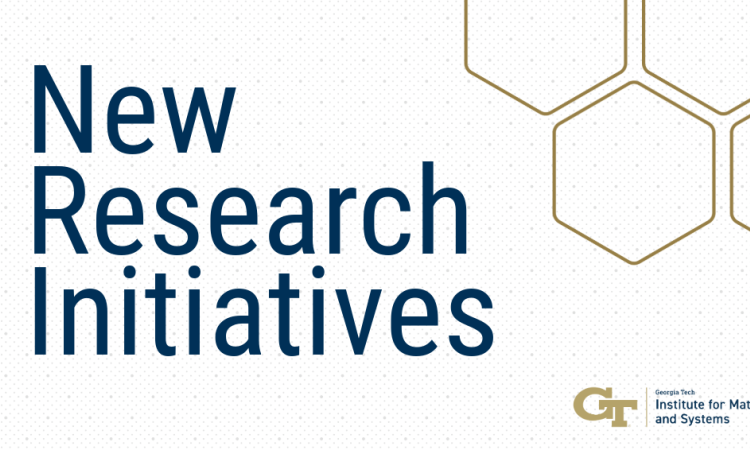The Institute for Matter and Systems (IMS) at Georgia Tech has selected seven new interdisciplinary research initiatives to receive seed funding. This funding is part of the larger IMS effort to identify and support visionary leaders driving groundbreaking research and innovation.The funded initiatives come from four Colleges and 10 Schools across the Institute, and from GTRI. These initiative leads, including the School of Civil and Environmental Engineering’s Joe Bozeman, were selected based on their innovative approaches, potential impact, and alignment with IMS’ mission to push the boundaries of science and technology.




